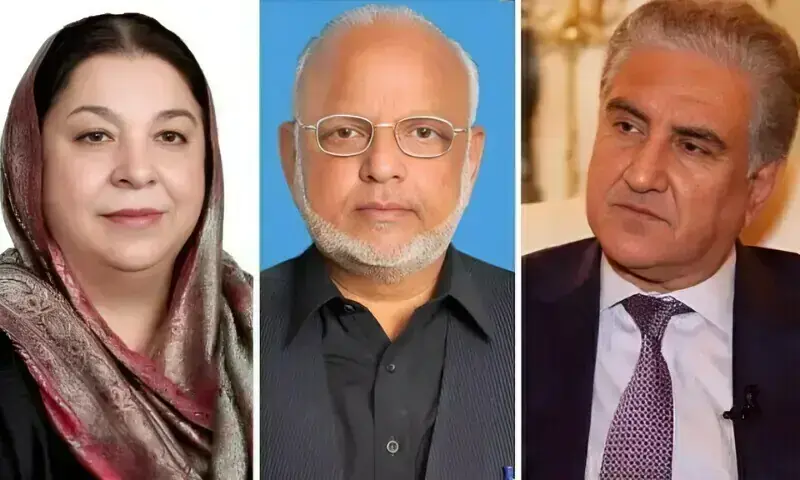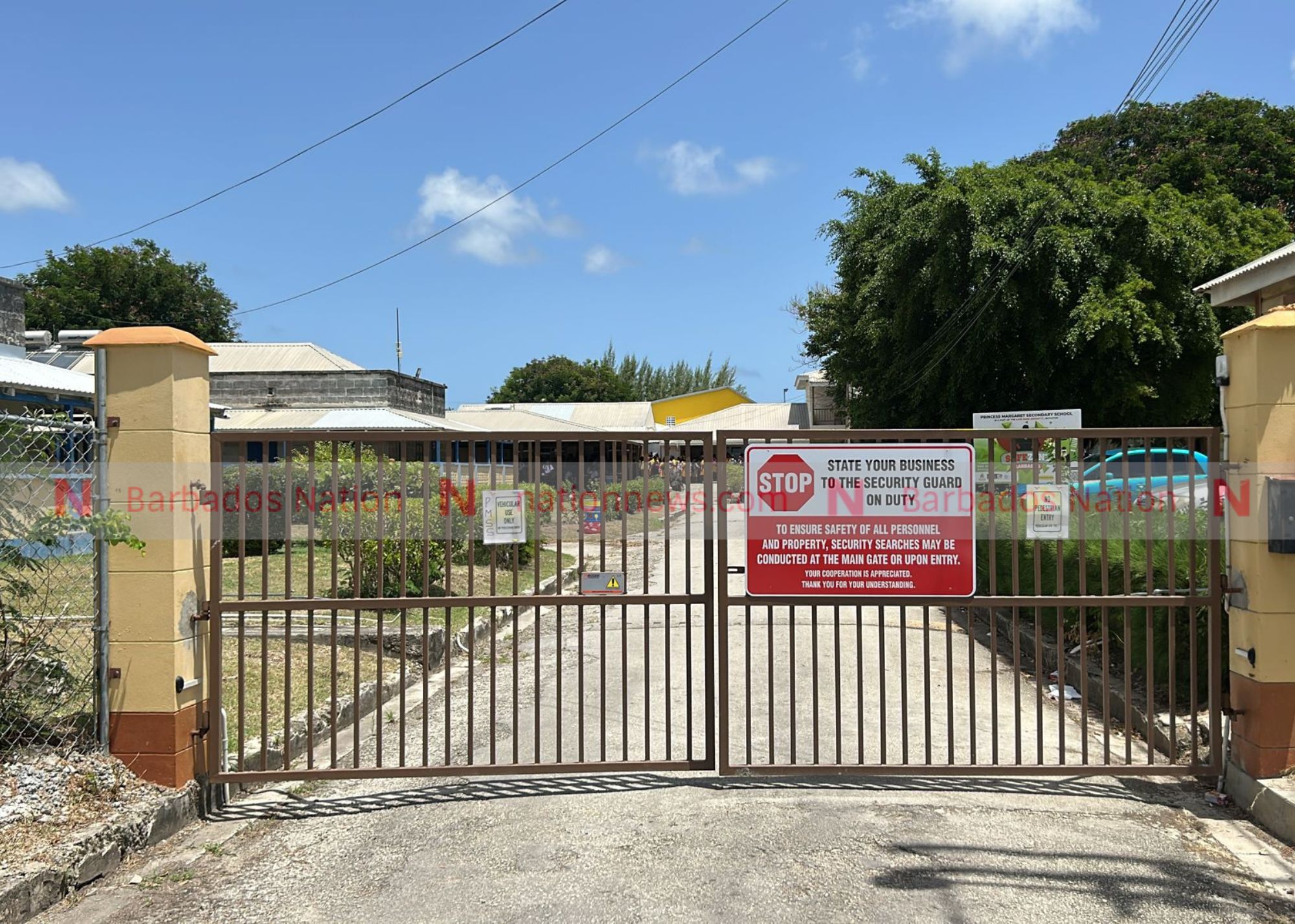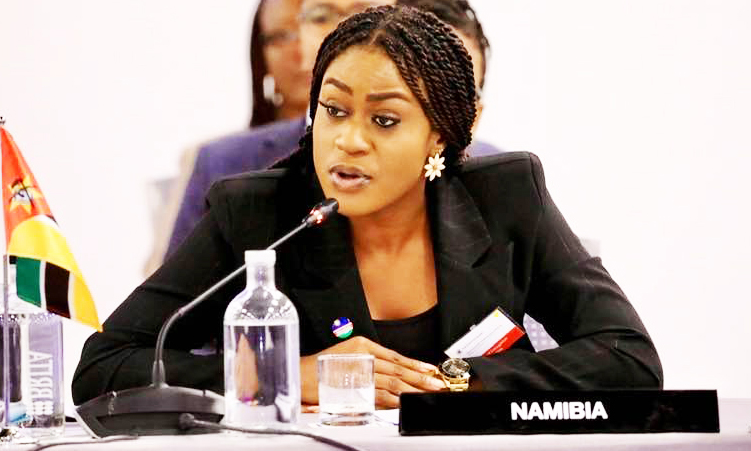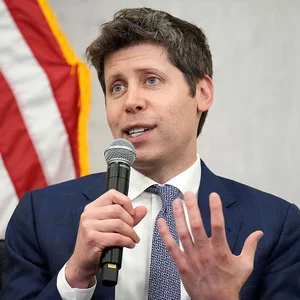By Cde
Copyright cde
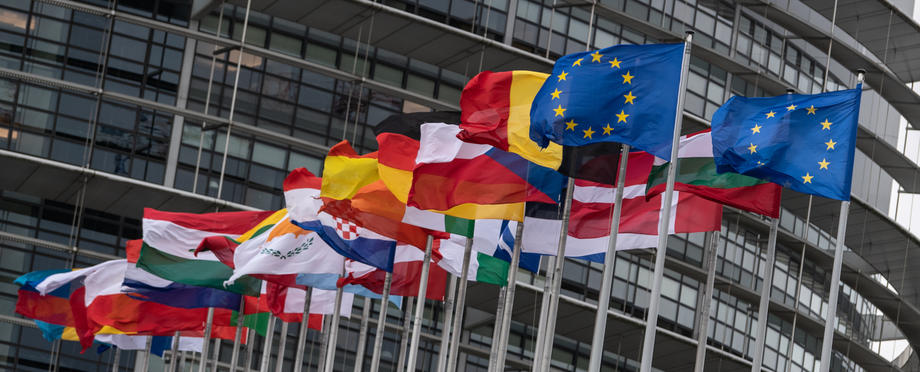
Reading Time: 4 minutes
European Commission President Ursula von der Leyen will deliver her annual State of the Union (SOTEU) address on Wednesday morning to the European Parliament, setting out her vision for the year ahead at a moment of profound geopolitical, social and economic turbulence. As is customary, the speech will be followed by reactions from the European Parliament’s political groups, each outlining its own priorities for the months to come.
European Parliament Vice-President Katarina Barley (S&D, Germany) underlined the urgent need for citizens to appreciate the importance of the European Union at this moment in time. During a media briefing in Strasbourg, Barley pointed to the major challenges ahead, from the negotiations on the Multiannual Financial Framework to the fight against climate change, the war in Ukraine and the repayment of Next Generation EU funds. Barley stressed that Europe must sharpen its focus on competitiveness and the creation of strong, sustainable jobs that demonstrate to citizens how the EU is improving their daily lives. She also emphasised the central role of the European Parliament in these processes, cautioning against any centralisation of power that sidelines the Parliament, national governments and regional authorities.
Turning to global affairs, Barley described the EU as the embodiment of a rules-based international order, warning that former US president Donald Trump poses a threat to this order. She criticised the trade deal with the United States, arguing that it risks undermining the WTO framework. Instead, she expressed hope for progress on agreements with other regions, such as Mercosur. On the digital front, Barley urged the Commission to act decisively, stressing that Trump has openly sought to dismantle Europe’s digital legislation. She called on the EU to stand firm and protect what has already been achieved in building a fair and secure digital sphere.
The liberals of Renew Europe are calling for stronger action on climate change and digital resilience. Vice President Martin Hojsík pointed to the devastating summer of wildfires as proof of the need to accelerate the green transition. “We are living in a climate disaster. We remain dependent on fossil fuels, including from Russia. Europe must invest in renewables, create new jobs and enforce its own digital legislation to combat hybrid threats from Russia and China,” he said.
Meanwhile, the Greens are pushing hard for enlargement, arguing that the EU cannot miss the chance to bring Ukraine and Moldova closer. Vice President Nicolae Ştefănuţă described it as a “now or never” moment. He also warned against sacrificing social spending in favour of defence, saying that public trust depends on tackling the housing crisis and ensuring fairness. “If we do not win over our people, the battle against Russian imperialism is lost from the beginning,” he cautioned.
Meanwhile, in a statement, centre-right European People’s Party (EPP) said that Europe must toughen its stance on security, economic resilience and migration. EPP Group Chairman Manfred Weber framed the coming months as “an autumn of truth,” warning that the EU faces mounting tests on the global stage. “The trade deal with Donald Trump is a serious challenge for our industry. And the red-carpet welcome for Vladimir Putin in Alaska has laid bare Europe’s foreign policy weakness,” he said.
Weber argued that the EU cannot afford complacency. “I want us to strengthen our economy. And I want Europe to stand up for its security. For that, Europe must grow up,” he said, emphasising the need to stop illegal migration and to press ahead with the return regulation. “These are our priorities for the coming months. Now is the time to act. For a strong economy. For our security. For a stronger Europe.”
Keith Zahra, Strasbourg
